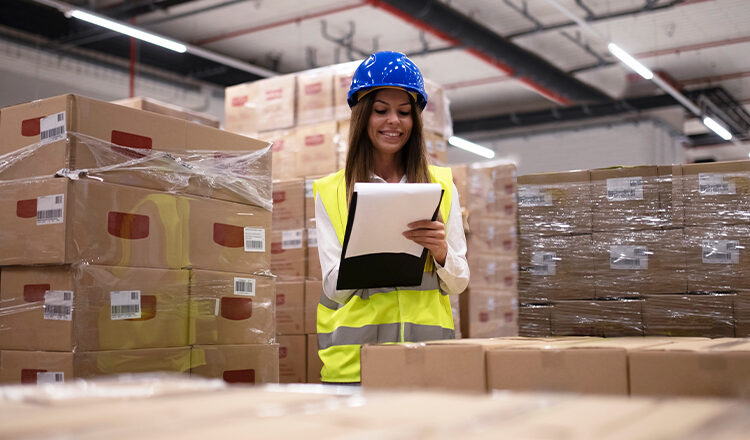Logistics is a rapidly evolving market; there are many factors that are shaping the future of how companies move goods and what they will require from their transportation carrier. Logistics is about moving goods. Some things with respect to movement will remain fixed and essential. The trends and challenges in today’s supply chains mean that evolving logistic networks must be prepared to deliver results in an ever-changing business environment.
Logistics is an integral part of supply chain management. Let’s learn about a few upcoming trends in the field of logistics that, in the future, we might need to upgrade to:
1. Cloud-based systems and integrations
Cloud Logistics provides businesses with comprehensive insights into their operations, enhancing supply-chain visibility and collaboration. By using the latest technology, Cloud Logistics gives businesses the tools they need to streamline their operations and improve efficiency.
Cloud technology also helps businesses transfer information to each other faster and more securely. Businesses will save time and money when they use cloud technology.
2. Improved information management
A logistics management information system (LMIS) is a helpful tool that logistic managers use to make decisions about the supply chain. The system can be paper-based or electronic, and it keeps track of all the data from different levels of the logistics system. The LMIS also analyses, validates, and displays the data so that managers can use it to make informed decisions about the logistics process.
Automating the LMIS will save a lot of time and money when it comes to upgrading. The development might also include GPS that helps track vehicles and makes the job easier.
3. Autonomous vehicles
Autonomous trucks are running on some highways. They are being tested, now they are basically “supervised autonomous.” They have the potential to be safer and more cost-effective than manually driven vehicles. Autonomous vehicles have the potential to keep the roads safer and eliminate the need for parking areas and gas stations.
4. Time analytics and tracking
Managers and business leaders now have greater access to analytics and tracking than ever before, thanks to RFID chips and other advanced technologies. They’ll tell customers specifically wherever their merchandise unit is. They’ll establish and anticipate issues, resolve them faster, and even pinpoint disruptions in productivity or potency, serving them to sculpt the right company from the bottom up.
5. Blockchain is game-changing
Blockchain can be described as a technology that can keep track of transactions between parties in an easier and more secure way than any other method. It also allows companies to make transactions without any third-party interference. It also enables greater data collaboration with stakeholders, by facilitating increased integration of financial and logistic services. As a result, blockchain in logistics will be a game changer and an interesting trend to follow.


